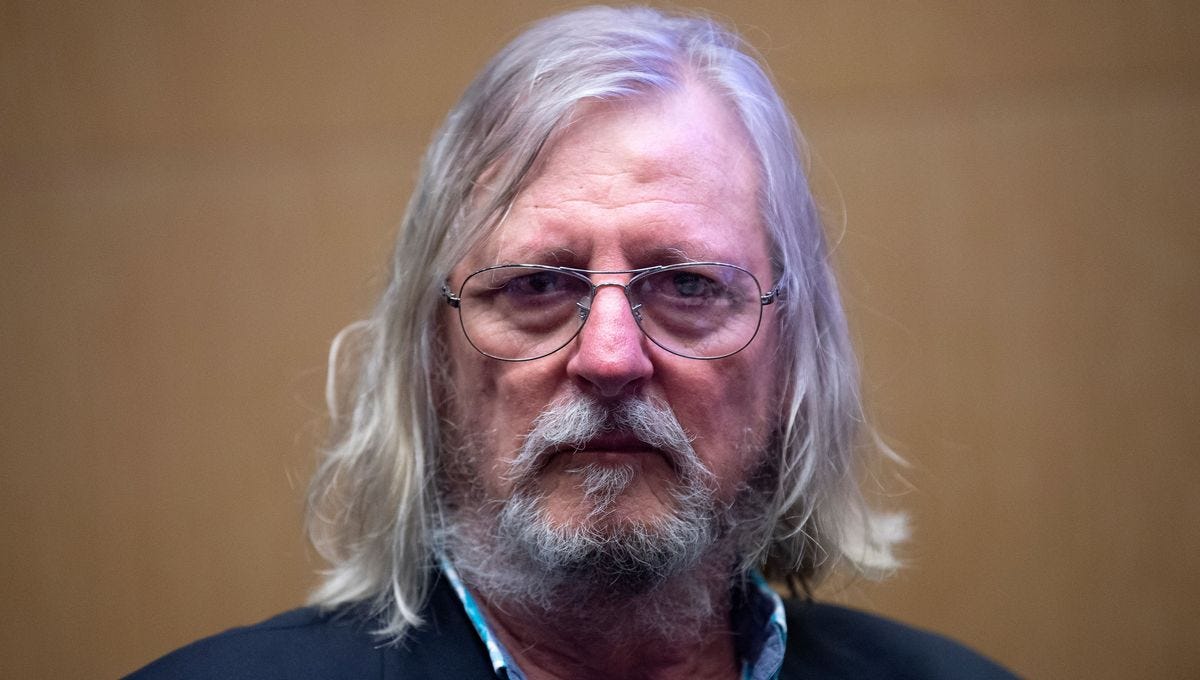Didier Raoult vs Big Pharma: The Hydroxychloroquine War During COVID-19
The Provocateur of Marseille
In the midst of the global COVID-19 pandemic, few scientific figures became as controversial and polarizing as Didier Raoult, a French infectious disease specialist from the Mediterranean Institute of Infectious Diseases in Marseille. A maverick microbiologist with a long-standing reputation for challenging medical orthodoxies, Raoult thrust himself into the global spotlight with a bold and contentious treatment approach that would spark an unprecedented scientific and political controversy.
The Hydroxychloroquine Hypothesis
When COVID-19 began spreading globally, Raoult proposed a treatment protocol that would become his most famous—and infamous—scientific stance. He advocated for a combination of hydroxychloroquine, an existing anti-malaria drug, and azithromycin as a potential treatment for COVID-19 patients. His initial research claimed remarkable success rates, promising a low-cost, readily available solution to a global health crisis.
A Global Media Sensation
Raoult's claims gained international attention, particularly after then-President Donald Trump publicly endorsed hydroxychloroquine as a potential "game-changer" in the pandemic response. This political endorsement transformed what might have been a standard scientific debate into a global media spectacle, with Raoult at its epicenter.
The Scientific Battleground
The medical and scientific community rapidly polarized around Raoult's claims. Supporters saw him as a courageous maverick challenging bureaucratic medical establishments, while critics viewed him as a dangerous provocateur spreading potentially harmful misinformation.
Numerous international studies were quickly conducted to verify or refute Raoult's findings. The results were mixed, with many large-scale trials failing to replicate his initial promising results. The World Health Organization and most national health agencies ultimately rejected hydroxychloroquine as an effective COVID-19 treatment.
Institutional Pushback and Personal Attacks
Raoult faced unprecedented professional scrutiny. The French medical order launched investigations into his research methods and public statements. Academic journals published critical analyses of his studies, questioning their methodological rigor. Some of his publications were retracted, further damaging his scientific credibility.
Big Pharma and the Treatment Debate
The hydroxychloroquine controversy exposed deep tensions between independent researchers and pharmaceutical industries. Raoult consistently argued that expensive new treatments were being prioritized over cheap, existing medications. He accused pharmaceutical companies of manipulating scientific discourse to promote more lucrative drug treatments.
His stance resonated with many who were skeptical of pharmaceutical industry influence, transforming the scientific debate into a broader narrative about medical ethics, research funding, and corporate interests in healthcare.
A Polarized Public Response
Raoult became a polarizing public figure. In France, he was simultaneously celebrated as a hero and criticized as a dangerous maverick. Social media and traditional media amplified the controversy, turning complex scientific discussions into sensationalized narratives.
Some saw him as a courageous scientist challenging medical orthodoxies, while others viewed him as spreading potentially dangerous medical misinformation during a global health crisis.
The Deeper Scientific Context
Beyond the specific hydroxychloroquine debate, Raoult's controversy highlighted significant issues in modern scientific research:
The challenges of rapid research during a global pandemic
The complex relationship between scientific research and media narratives
The influence of political discourse on medical science
The tensions between established medical institutions and independent researchers
Long-Term Implications
The hydroxychloroquine war revealed the fragility of scientific consensus during crisis periods. It demonstrated how quickly scientific debates could be politicized and how challenging it is to maintain rigorous research standards during global emergencies.
Conclusion: A Complex Scientific Drama
Didier Raoult's hydroxychloroquine saga represents more than a simple medical controversy. It is a complex narrative about scientific method, professional integrity, media influence, and the challenging process of developing medical knowledge during unprecedented global conditions.
"In times of crisis, the most dangerous infection is not a virus, but the spread of unchallenged assumptions." - Reflections on the Raoult Controversy



